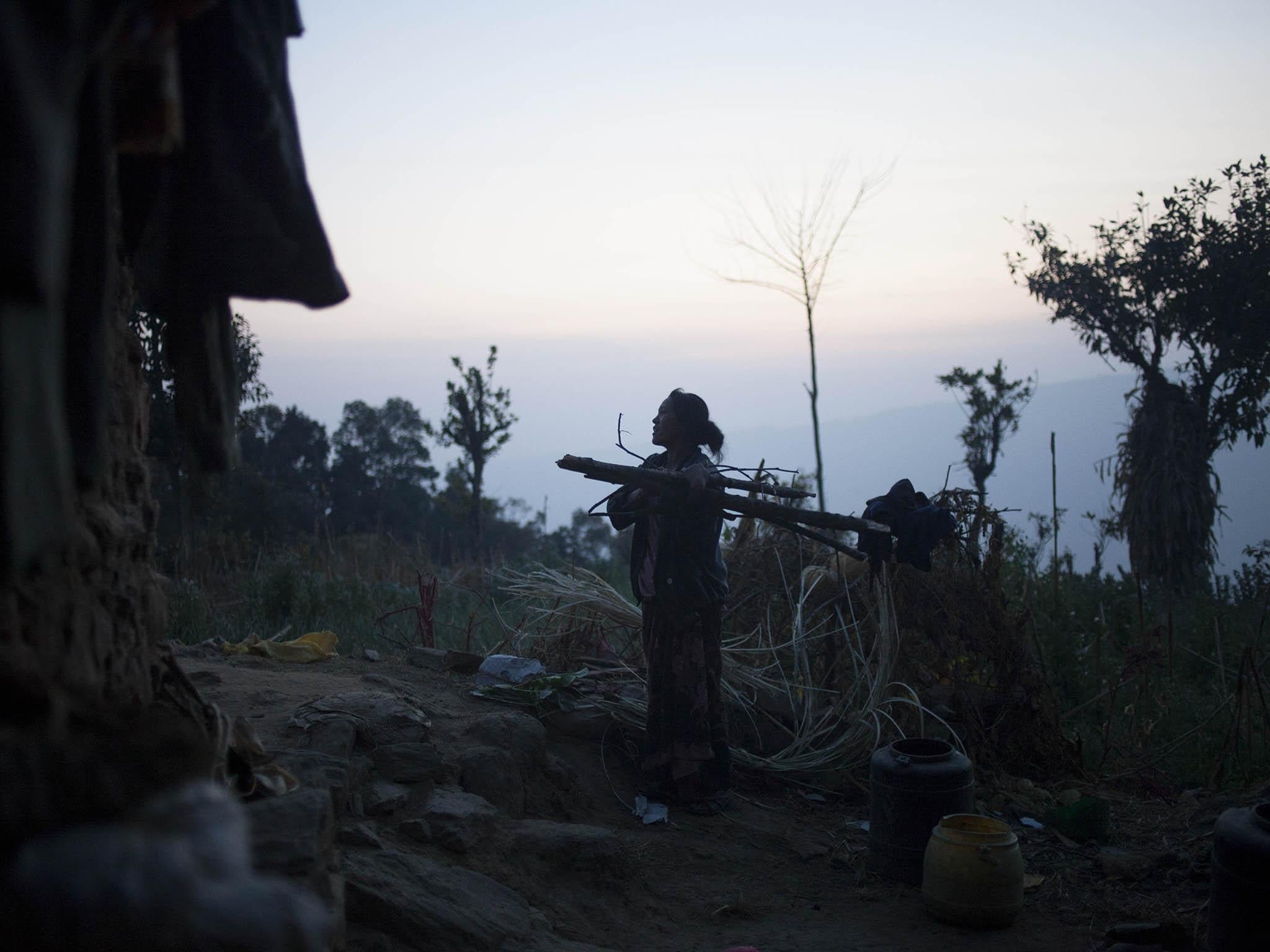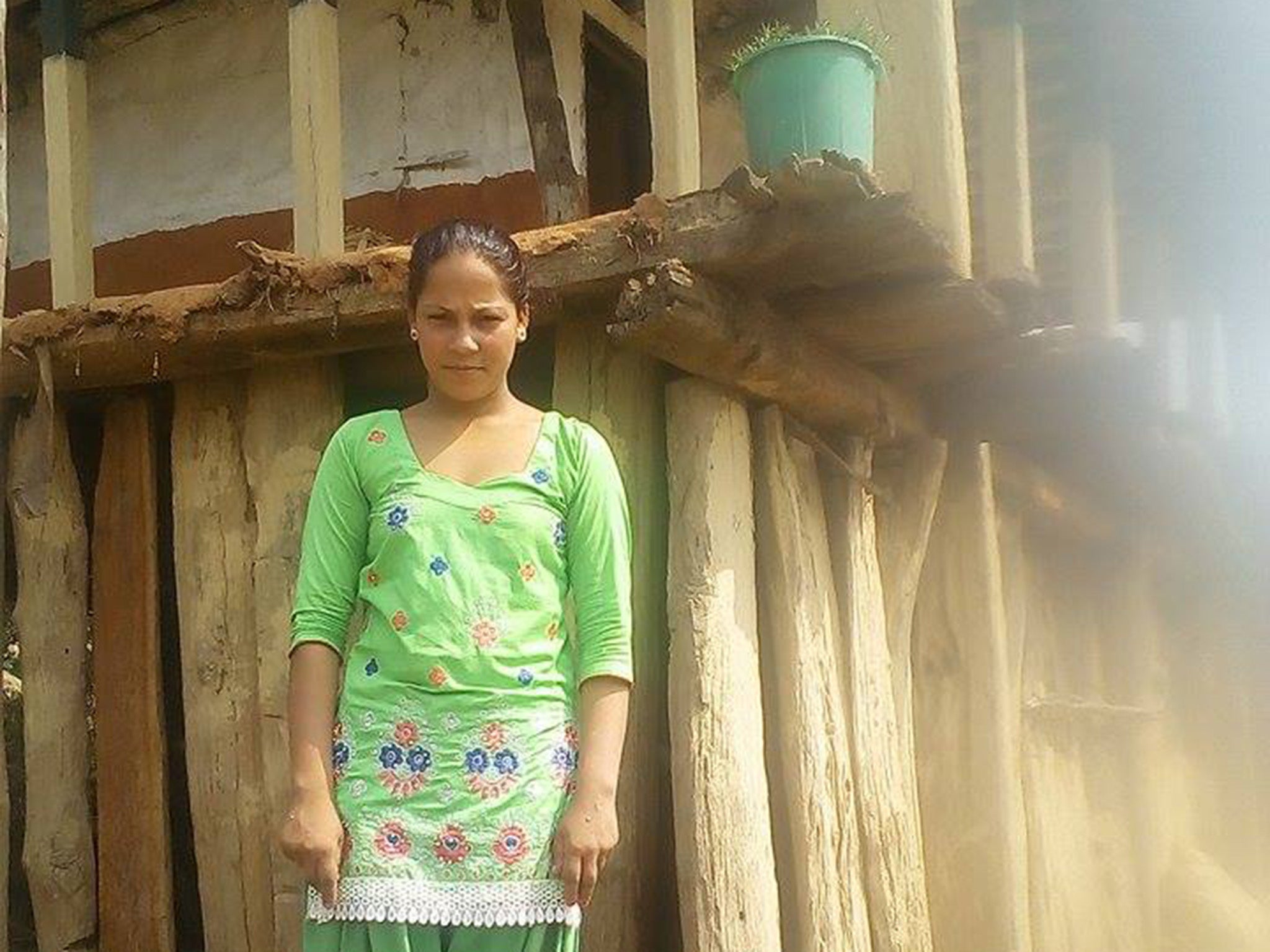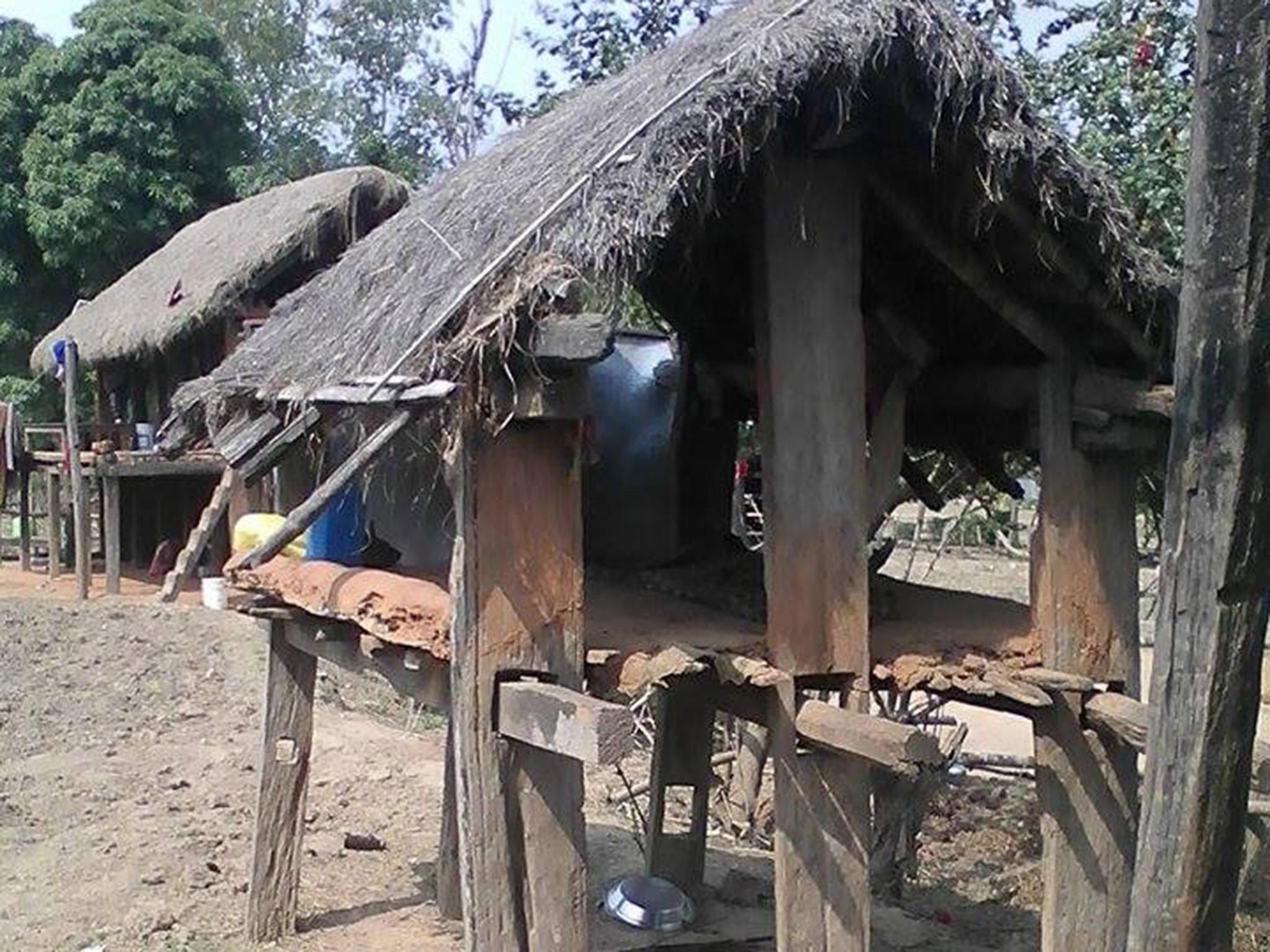The Independent's journalism is supported by our readers. When you purchase through links on our site, we may earn commission.
In Nepal, women are still banished to 'menstrual huts' during their periods. It's time to end this dangerous tradition
After seeing the practice of seclusion and the plight of these women, I believe that taboos around periods are not a cultural issue, they are a human rights issue

As a journalist and development professional living and working in Katmandu, I have had the chance to see menstruating women’s situation across Nepal from close quarters. I found that the practice of isolating women during their period exists across the country in differing forms. The situation of women living at the rural areas is terrible.
In some places, women cannot be in their own homes during their period; in others women can be in the house, but not in the kitchen and worship room. They are also forbidden from touching other people (especially male members of the family or neighbours) or cattle and from growing fruit and vegetables. Women become untouchable.
In the mid and far western parts of the country, the seclusion is practised in its most extreme from. In some parts of these regions, menstruating women are literally banished to a shed while they bleed.

Thanks to freezing conditions and poor hygiene, women – including young girls – have died in these huts. Only a few months ago, a woman died in Achham, a remote district located in the western part of Nepal. The exact number of deaths in menstrual huts is not available but it is believed that dozens of women suffer and some die every year in the name of tradition.
For 17-year-old Kalpana Majhi, the biggest fear of menstruation was being forced to sleep in an outdoor shed, commonly known as goths. Kalpana lives in Kuine, a small village in Tatopani in mid-west Nepal. The village still practices chaupadi, the tradition that banishes menstruating girls and women to live outside the home.
Kalpana was 16 when she had her first period. “I remember the day when I first menstruated. I was going to my sister’s house and suddenly felt the gush of blood running through my body”. She recalls that, as soon as she reached her house, she asked her sister for a piece of cloth: “I felt shy to admit to my father that I was menstruating. It was my mother and sister who told my father that I was on my period”.

Kalpana was afraid when she menstruated. The feeling of staying outside often made her sad. “I stayed in goth with my friends. That somehow took away all my fears. But I am still scared of snakes,” she adds. “I missed my home, my sisters and mother. Despite being with friends, I felt alone and odd,” she adds. “I kept asking question to myself: why am I not allowed to sleep in my own home?”
The tradition has been followed by locals due to the fear that menstruating women are impure and that God becomes angry if they stay inside the house, touch things and plants during their period.
Tulasi Majhi, 50, Kalpana’s mother says, “We grew up hearing that the God becomes angry if menstruating woman enter in the kitchen or touch male members of the house. We fear whether what we are told for generations comes true and all bad will happen if we break the rules”.
Apart from fear of God, another main reason for the continuity is fear of isolation from society. “Villagers may stop coming to our home if we discontinue the tradition,” she says. The entire village follows the tradition and “we are not in the position to challenge it”.
“We alone cannot initiate the change,” she explains. “We love our daughters a lot. Some of our neighbours keep their daughters in goth for seven days but we keep only for five days.”
Chhaupadi was outlawed by the supreme court of Nepal in 2005, but the tradition is still rampant. One of the main reasons behind continuity of the tradition is that law enforcement agencies often see menstruation as a private family issue.
Kalpana does not talk about periods with male members of the family and her male friends.
“We never talk about menstruation with boys. But, I think, they know about menstruation as the school books have chapters about it,” Kalpana shares. “Even if textbooks have included information about menstruation, we [both boys and girls] never feel comfortable to study chapters related to menstruation. Many of us cover our face and look down to escape the shyness. We just feel embarrassed”.

Apart from the social, cultural and religious aspects, one of the largely ignored parts of the use of menstrual huts is the severe health impacts associated with the taboos and stigmas. Women suffer from pneumonia, diarrhoea, suffocation and respiratory tract infections while they are in seclusion. Not all rural women cannot afford hygienic sanitary pads; the use of rags and cloths as an alternative to pads is a common, especially in remote parts of Nepal.
Kalpana divulges that she washes clothes but “I do not need to go to markets or urban centres, so I do not need sanitary pads that are available in medical shops,” she says. “I have to walk a long distance to purchase a sanitary pad,” she adds, indicating the remoteness of her home village.
Kalpana’s story is just one of many such cases. Banishment for having a period is a form of injustice. After seeing the practice of seclusion and the plight of these women, I have long been advocating that taboos around periods are not a cultural issue – they are a human rights issue. Society should stop using religion as an excuse to continue the tradition. In fact, it is not even about religion; it’s mere superstition. In modern society, menstruation should be treated as a legal issue and women’s rights issue.
It is time to ensure a world where women are entitled to the right to live with dignity, respect and confidence.
Pragya Lamsal is a Kathmandu based development professional and sustainable development goals advocate and has contributed this piece through the NGO ActionAid. Menstrual Hygiene Day will take place on 28 May 2017 to raise awareness of the importance of good menstrual hygiene for women and adolescent girls
Join our commenting forum
Join thought-provoking conversations, follow other Independent readers and see their replies
Comments
Bookmark popover
Removed from bookmarks